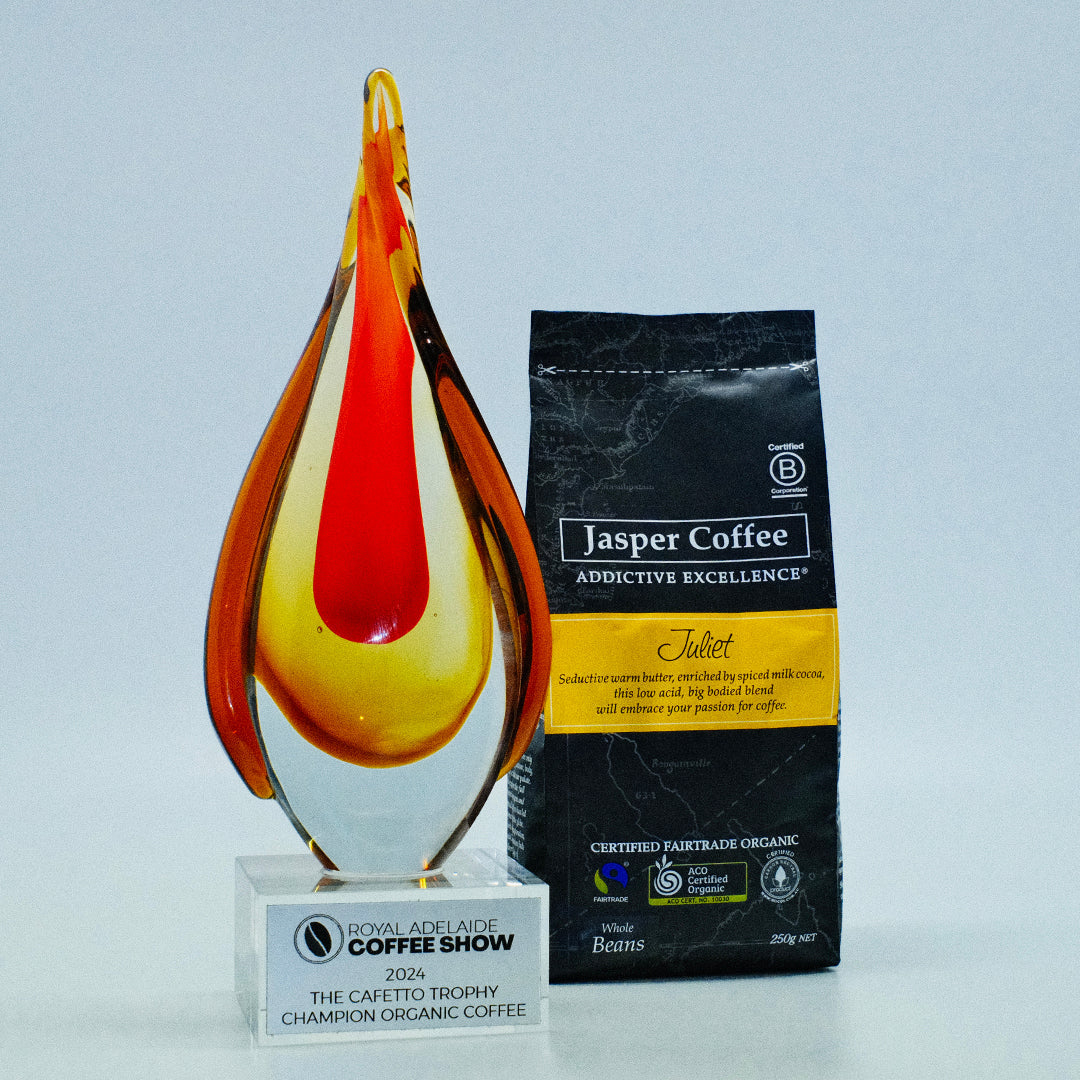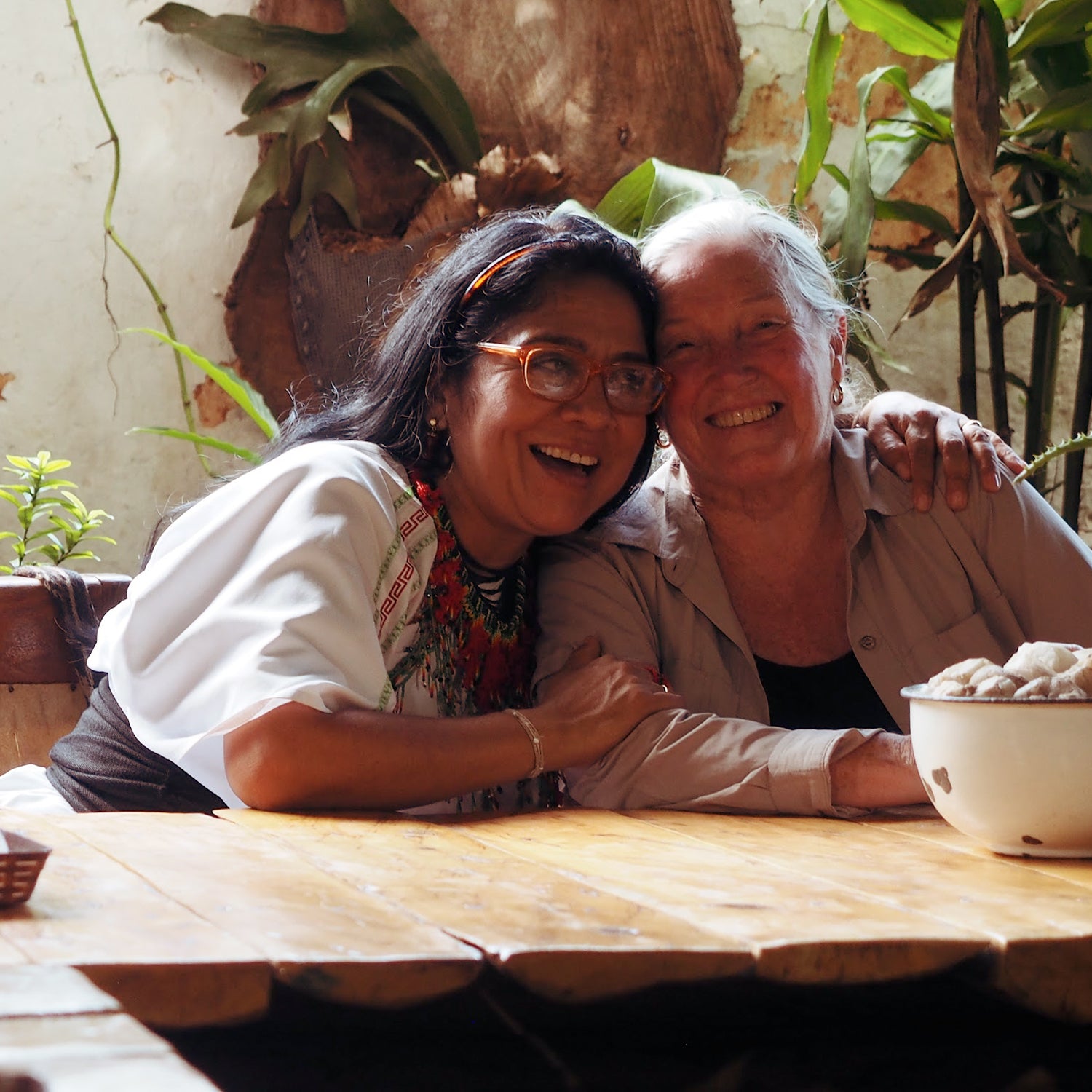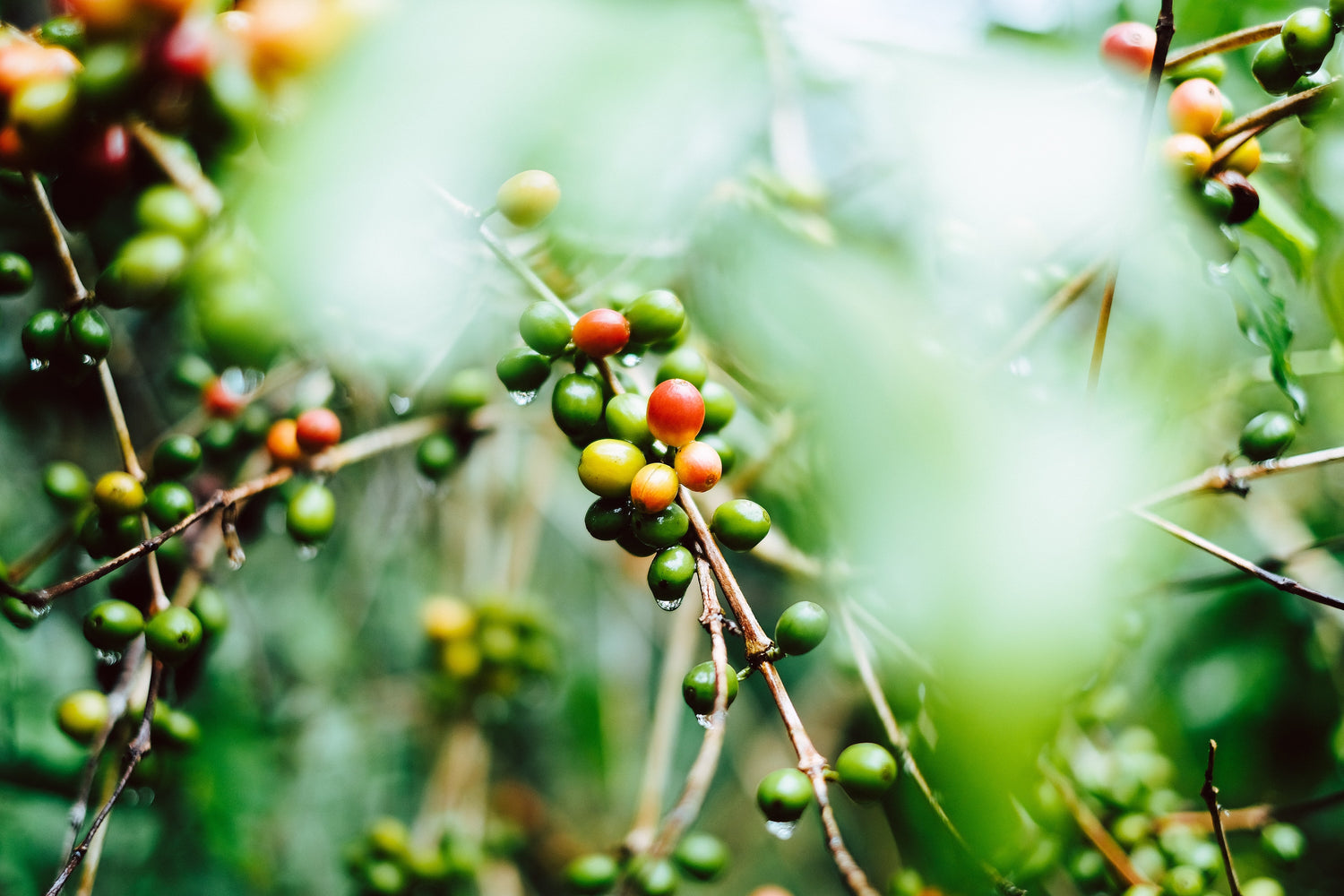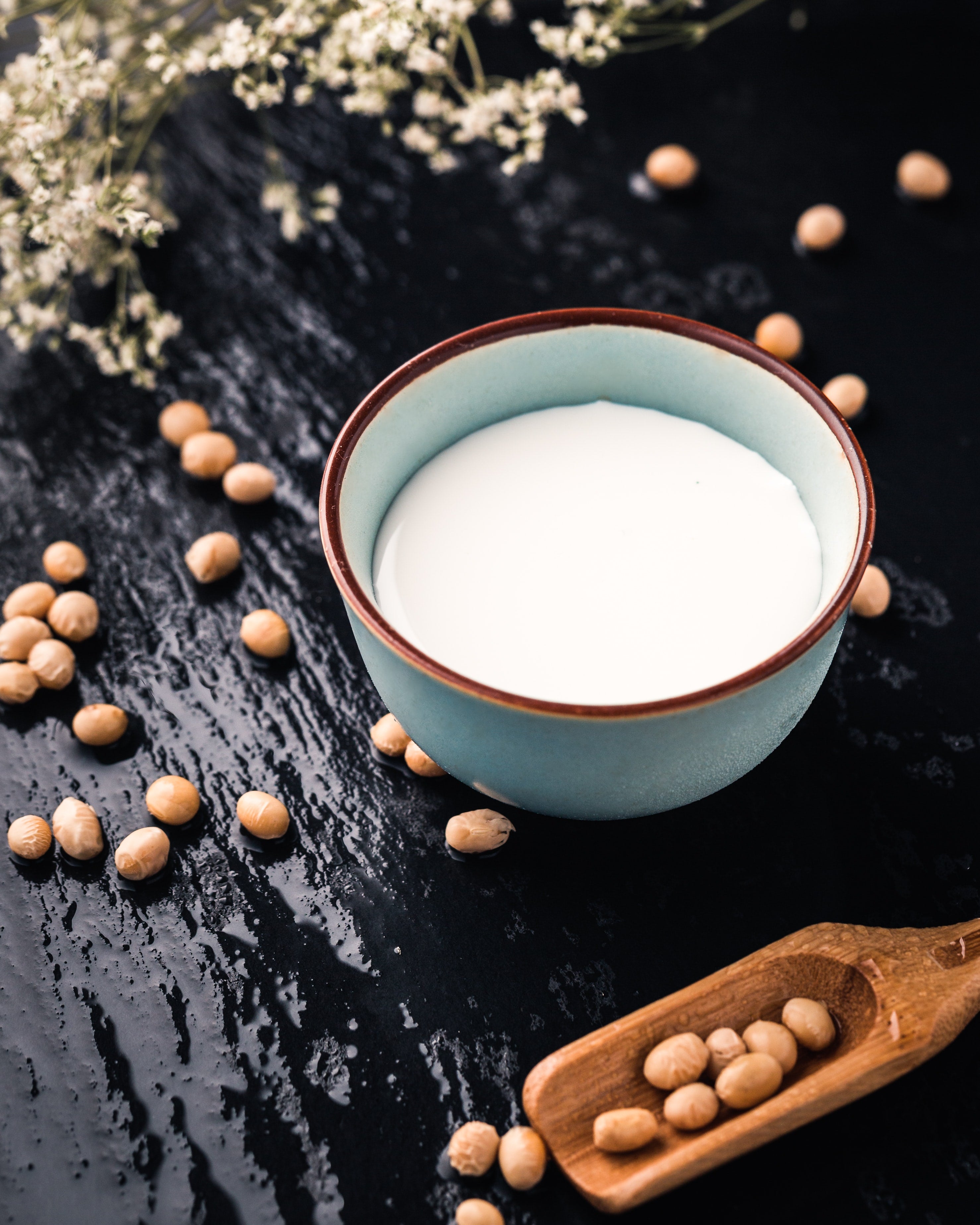Varietals are different types of coffee plants, each descended from one of the four main coffee species, Arabica, Robusta, Liberica and Excelsia. Varietals feature a range of unique qualities and flavours which have significant impact on the final brew.
Varietals develop either through natural mutation or through selective breeding, with a massive range of varietals from different species available today. However most speciality coffee varietals are descended from Arabica. To help you find your next favourite brew, we created a blog with the flavours, origins and drinking suggestions for the Arabica descended Bourbon, Typica and Caturra varietals.
Typica Varietal 🌱
Typica is the oldest of the Arabica varietals, and ancestor of many of the finest contemporary coffees.
Flavour profile
Typica coffees tend to produce an elegant clean cup with complex notes, featuring florals and fruits.
Origin and history
It believed that the Typica variety emerged in the late 17th century, when the Dutch sent coffee seeds from India to Indonesia. From the coffee seeds planted in Indonesia, a single plant was taken back to the Netherlands. The Dutch then spread Typica to Suriname, French Guiana, before reaching Brazil in the early 1700s.
It is believed that this single plant was the source of the Typical cultivars found across the Americas. In 1714, the Netherlands gifted a Typica coffee plant to France. The French then spread Typica across colonial trade routes, including to the West Indies, Cuba and Costa Rica.
By the late 1700s, Typica could be found growing across the Americas and until the 1940's where the main coffee variety grown in South and Central America.

Typica tree and cherries from Kainaliu, Hawaii
Bourbon Varietal 🌱
The Bourbon varietal is a natural mutation of the Typica varietal, and is one of the oldest and most important C. arabica varietals.
Flavour profile
Bourbons tend to consistently feature a complex, full, rich body with delicate, clean sweetness.
Coffee recommendation ☕
Explore the flavour of Bourbon beans with a cup of our creamy, cocoa spice India Grange. It's a smooth, well balanced cup that pairs perfectly with a sweet treat.
Origin and history
This varietal was introduced from Yemen to Bourbon Island (now La Reunion) by French Missionaries in the early 1700s. The varietal stayed on the island until roughly the mid-1800s, then spread as the missionaries travelled to Africa and the Americas.
Today, Bourbon varietals are known for producing outstanding coffees at high elevation, with their gorgeous flavour profiles and quality making them a favourite with roasters and drinkers.

Unripe Bourbon cherries in El Salvador | Dennis Tang
Caturra Varietal 🌱
Caturra was the first naturally occurring Bourbon mutation and gets it's name comes from the Guarani (a community of South American First Nations peoples) word meaning 'small'.
Flavour profile
Much like its Bourbon relative, Caturra coffees tend to be sweet, complex, crisp with citrusy aromas.
Origin and history
Caturra was discovered in Brazil in roughly 1915 - 1918 and refined by Brazil's Instituto Agronomico in 1937. In the late 18th century it spread to the Caribbean, Mexico, Colombia and then to rest of Central America.
Caturra became extremely popular amongst producers, its smaller size allowed denser planting and higher yields. It was Until around the 1940s, Typica made up almost half of Central American coffee production!
Despite being resistant to the elements and producing fantastic coffee, Typica is relatively low yield and susceptible to diseases. To boost yield and disease resistance producers cross bred Typica with higher yield and disease resistant trees, leading to the creation of the popular Catuai and Catimor hybrid coffees.
Today, it has been largely replaced with other types of coffee, though still widely grown in the Dominican Republic, Peru and Jamaica where it is produced as the famously rare and exquisite Jamaica Blue Mountain!













